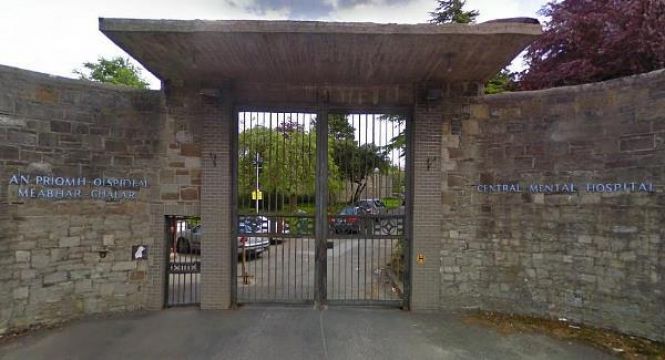The Central Mental Hospital has still not relocated from its Victorian-era facility in Dublin, with patients facing “high-risk” conditions months after it was ordered to close.
The latest inspection report from the Mental Health Commission reported the Dundrum facility is “not fit for purpose”, with three high-risk non-compliances identified.
These include the hospital’s buildings not being kept in a good state of repair; inadequate privacy in some bathrooms and bedrooms; and facilities for the seclusion of residents not being properly furnished, maintained and cleaned.
“We are all waiting for the National Forensic Mental Health Service to transfer from Dundrum to its new facility in Portrane, which we understand will take place in the near future” said Dr Susan Finnerty, inspector of Mental Health Services.
“Many of the aspects criticised in the Central Mental Hospital report are down to the unsuitable premises that this centre continues to operate in.
“The sooner the Portrane centre is registered and starts to admit patients, the better for all concerned.”
Lack of privacy
The Central Mental Hospital, part of the National Forensic Mental Health Service, is made up of several buildings that are mainly Victorian and date back to 1852.
Although registered with the Mental Health Commission for a bed capacity of 106, the hospital had an operational capacity of 93 beds at the time of inspection due “to some degree” to Covid-19 measures.
The centre’s overall compliance improved to 89 per cent in 2021, a “significant improvement” from the 74 per cent recorded for the previous year.
However, the mental health watchdog report gave the hospital’s premises a high-risk rating due to its state of repair, noting maintenance was carried out on a “reactive basis” with “no planned programme of general maintenance, decorative maintenance, cleaning, decontamination, and repair of assistive equipment.”
The report also noted some resident bedrooms were too small, with a lack of room for residents’ belongings resulting in them having to store them in a locker in another area of the unit.
Privacy was also rated as high-risk as not all bathrooms, showers, toilets, and single bedrooms had locks on the inside of the door. Residents of one unit also did not have access to private showers, using an open-plan bathroom with a shared communal area for dressing and undressing.
Facilities used for the seclusion of residents were also rated as high-risk as they “were not furnished, maintained and cleaned to ensure respect for resident dignity and privacy.”
Chief executive of the Mental Health Commission, John Farrelly, said its inspectors “will continue to follow up on high risks identified to ensure that all providers implement services which are person centred from the first day of admission.”
The mental health watchdog also published two other reports on Thursday relating to other hospitals in Co Dublin.
Inspectors rated as high-risk the code of practice for admission, transfer and discharge at not-for-profit psychiatric hospital St John of God Hospital in Stillorgan.
They also identified two high-risk non-compliances at the Lois Bridges eating disorders treatment centre in Dublin 13, relating to risk management and its code of practice on admission, transfer, and discharge.







